Men, have you got brain fog? Could be low testosterone
Male patients have a greater chance of getting most illnesses — and dying sooner — than women. These are the warning signs.
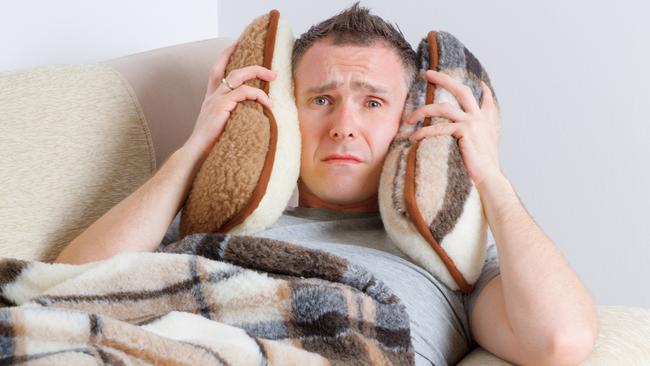
Dr Jeff Foster is on a mission to make men more aware of their bodies and to change the well-ingrained male mindset that poor health is an expected consequence of getting older. A GP in Warwickshire, he became aware of the “enormous gap” in wellbeing knowledge among his male patients a decade ago and has spent the subsequent years developing holistic approaches and holding men’s health clinics to help them to prevent disease before it takes hold.
It is, he says, an uphill slog. Men have a greater chance of getting almost every illness and of dying sooner than women. “One in five men die before the age of 65,” Foster says. “These are statistics that haven’t changed in a century and yet exactly why being a man is bad for your health remains poorly understood.” There is no dedicated field of men’s medicine and there are no men’s health consultants within the NHS, which Foster, 42, is pushing to change.
“We have no national screening program for prostate and testicular cancer, and male-specific health problems such as testosterone deficiency are under-recognised and poorly understood even by doctors,” he says. “Even issues that have attracted awareness, such as male mental health, remain a taboo subject for most men.”
MIXED MESSAGES
Foster says the vast gap in wellbeing awareness is being narrowed, but not quickly enough. “I can see that male celebrities opening up about their mental health has maybe helped the under-20s generation, but overall it has created no great societal change,” Foster says. “Men are still getting mixed messages about what is OK to talk about and what’s not and there is so much swept under the carpet, with the over-30s still reluctant to discuss or acknowledge mental health and other health problems.”
Stress, poor sleep, bad diet and lack of exercise are all issues that should be higher up on any man’s agenda. “As men we need to change the way we think and move away from reactive medicine, where we wait for a problem to happen before seeking help, and towards more preventive measures,” Foster says. “We need to take control of our health.” Here are his top tips for doing just that:
BEWARE THE MALE MENOPAUSE
Testosterone deficiency (TD) is a forgotten epidemic, and studies show that up to 11.8 per cent of middle-aged men — nearly two million people — in the UK could be affected. We are ten years behind where the menopause is in terms of awareness of the problem and the risks associated with it, but men are not immune from catastrophic hormonal swings. Levels of the male hormone climb during our twenties to a peak at 30, but then drop by about 1 per cent a year, with age, genetics, diet and illness or medication all affecting the rate of decline.
Being underweight or overweight affects testosterone production and early telltale signs of deficiency include everything from general grumpiness and fatigue to reduced libido and weight gain, with more advanced symptoms including brain fog, gynaecomastia (or moobs), a distinct paunch, erectile dysfunction and night sweats.
It’s not just the symptoms that are alarming. If you have TD, also called the male menopause, you are at increased risk of hypertension and heart disease, osteoporosis and obesity. The charity Diabetes UK estimates that 25 per cent of all male patients with the condition have lower than normal testosterone levels.
So what to do? I would strongly recommend getting your testosterone levels checked if you are concerned, whether at your GP or privately. It is important that blood tests are done in the morning when levels peak and that “free” testosterone — that is circulating in the blood – is measured as well as total levels. According to the British Society of Sexual Medicine, your total testosterone should be 12-30nmol/l whereas free testosterone should exceed 0.225 nmol/L. If you do not meet these benchmarks, you may be referred for testosterone replacement therapy.
At the very least you should make changes to your diet, reducing sugary, refined foods, increasing healthy fats found in nuts, oily fish, avocados and eggs, and taking 10mcg daily of vitamin D – if you are low in the vitamin it can disrupt your hormonal pathways. Don’t bother with herbal supplements of fenugreek or Tribulus terrestris, billed as testosterone boosters, since there is no evidence they help. Sleep is also important for testosterone production.
KEEP TABS ON YOUR WAISTLINE
Women generally have a higher percentage of body fat than men, but their fat is stored in safer places. Whereas, under the influence of oestrogen, excess fat in women tends to be stored more superficially on the hips, thighs and in breast tissue, men are dealt the short straw and it settles dangerously around the midsection.
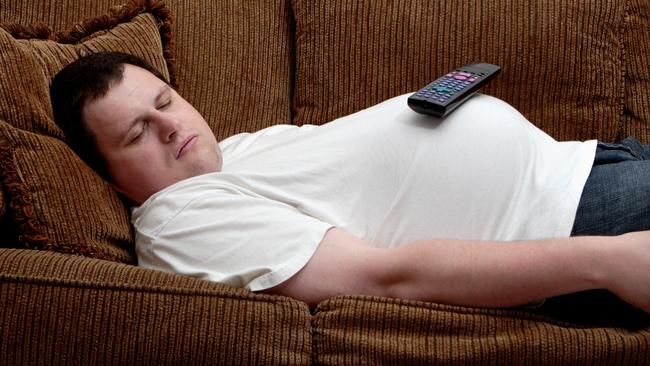
This visceral middle fat is poorly stored around the liver and intestines, where it is released into the arteries and surrounding tissues. It affects our hormonal pathways, reducing levels of testosterone, causes inflammatory damage and is a significant contributor to cardiovascular disease. We need rid of it and the most important step is to reduce our girth by keeping tabs on waist circumference. Regardless of your height or weight, your middle should measure no more than 97cm (37in) and if it does you need to shrink it.
CARE FOR YOUR ARTERIES
A normal or ideal adult blood pressure is considered to be about 120/80mmHG, but even at a young age men are more susceptible to raised blood pressure than women. The female hormone oestrogen is protective in keeping blood pressure down in younger women. Being overweight is a risk factor for men and women, but there are other issues specific to men that raise the risk.
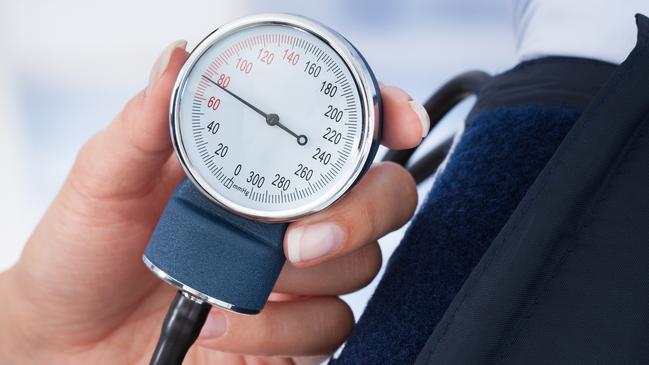
For one, men are more reactive to life pressures and, when we are stressed, anxiety causes surges in adrenaline and a rising heart rate, both constricting the arteries.
Men’s arteries are also more sensitive to the effects of salt in the diet and, since we are generally more prone to craving salty foods such as crisps, it’s almost as if our own DNA is trying to damage us. Of course hypertension is a risk factor for heart disease, to which men are also more prone. We really need to care for our arteries by stopping smoking, drinking no more than 14 units of alcohol a week and reducing salt in the diet to no more than 6g daily. Exercising daily will reduce stress and help with weight loss, both of which will help your artery health.
PROTECT YOUR PROSTATE
Only men have a prostate gland, which sits below the bladder and is dormant before puberty, after which it is used to produce semen and provide the force needed for ejaculation. Exposed to testosterone over the years, it keeps growing as we get older and can end up as big as a tennis ball. In about 50 per cent of men over 60 in the UK the gland becomes too enlarged, resulting in benign prostatic hyperplasia, or BPH, which, as with all prostate problems, upsets urinary flow and function. Medical and surgical treatments are highly effective.
One in six men will suffer from prostate cancer, the most common cancer in men, accounting for 25 per cent of all male cancer diagnoses. If you are overweight, have unsafe sex, drink too much or are from an African-Caribbean background your risk will be higher, but the biggest risk factor is age and half of all men aged 70 to 80 have some microscopic signs of the disease.
For most men it is a highly manageable condition and almost 80 per cent of those with it will be alive for more than ten years after diagnosis, although, obviously, the earlier it is caught the better. There is no national screening program, but a combination of symptom awareness, blood tests and physical examination will determine if you need to be referred to a urologist.

Prostate Cancer UK says that all men over 50, whether or not they have urinary problems, should have the right to a PSA (prostate-specific antigen) test, but a one-off test is unlikely to be very useful and you need to remain vigilant for symptoms. However, you should also protect your prostate throughout adulthood.
There is some evidence that very high intakes of calcium (equivalent to more than five cups of milk a day or 200g of cheese daily) raises the risk of prostate cancer, so stick to the recommended intakes of 700mg (a glass of milk and a small plain yoghurt) and avoid supplements. Eat tomatoes and tomato-based foods for their lycopene, a plant-derived nutrient that has been shown to reduce the risk of developing prostate cancer, and load up with leafy greens such as spinach and kale, which also have a protective effect.
There is some science showing an association between vitamin D supplementation and a reduced risk of the disease, but none for the purported prostate-protecting effects of vitamin E, turmeric, flaxseed and selenium, so don’t swallow the claims.
DON’T WORRY TOO MUCH ABOUT YOUR TESTICLES
Men worry about their testicles more than any other body part, yet serious testicular problems are rare. Testicular cancer has an incidence of only about 2,400 new cases each year in the UK, making it the 17th most common cancer in men, and if you do get it, it has a 98 per cent survival rate at ten years.
That’s not to say it isn’t relevant, but don’t become preoccupied with it. Most men will suffer nothing more than discomfort or swelling or mild pain of their testicles at some point in their lives. There are no modifiable risk factors for testicular cancer and self-examination remains the best way to check for lumps and changes. Do it, but don’t panic or become preoccupied with testicles since abnormalities are common and can include cysts and varicose veins. Get checked out if you are worried, but remember that most irregularities turn out to be benign.
OVERCOME BEARD ANXIETY
Men who can’t grow a beard feel that they are somehow less macho, a misconception driven by the belief that a beard can only be grown if testosterone levels are sky high.
It is true that a man needs enough testosterone to stimulate facial hair follicles into action, but it doesn’t follow that only those with high levels of the hormone have a hairy face.

Beards tend to grow on men with higher sensitivity to a by-product of that male hormone called dihydrotestosterone (DHT) that is activated by enzymes in the oil glands of hair follicles. And while DHT production is responsible for the growth of facial hair, it is also responsible for male pattern baldness.
In short, bald men can usually grow a beard, whereas men with a full head of hair often find it more difficult. And vice versa. Your degree of facial hair growth is largely determined by your genes, and anxiety about it might well be offset by the knowledge that the hair on your head may stay put for longer.
The Times

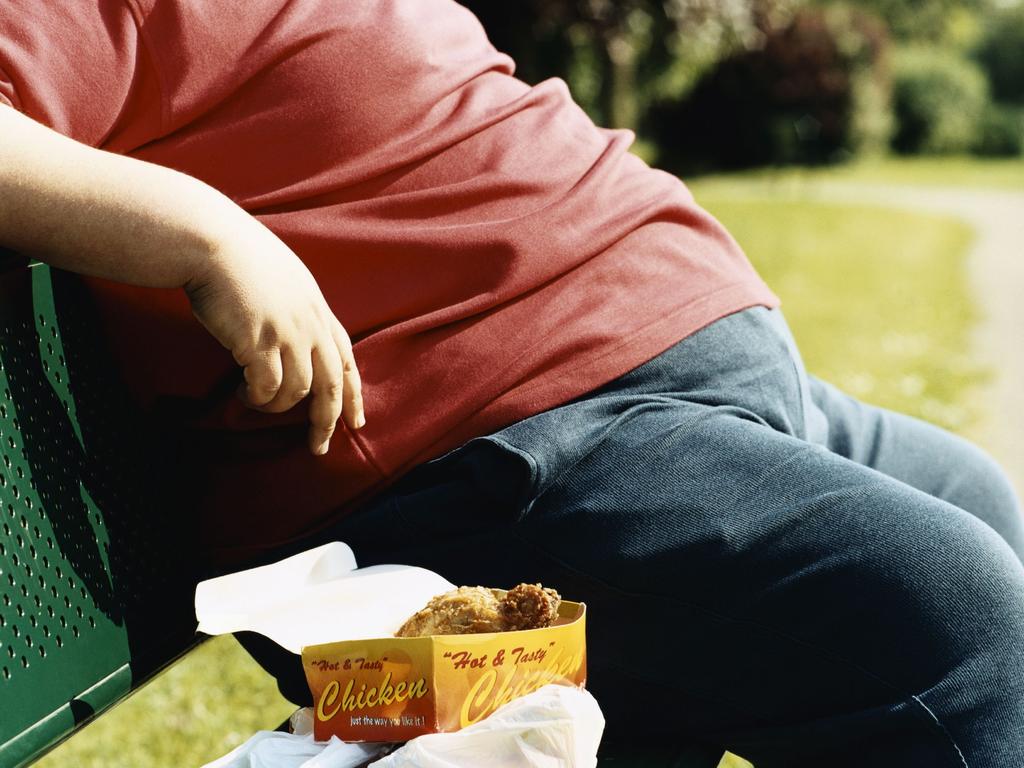


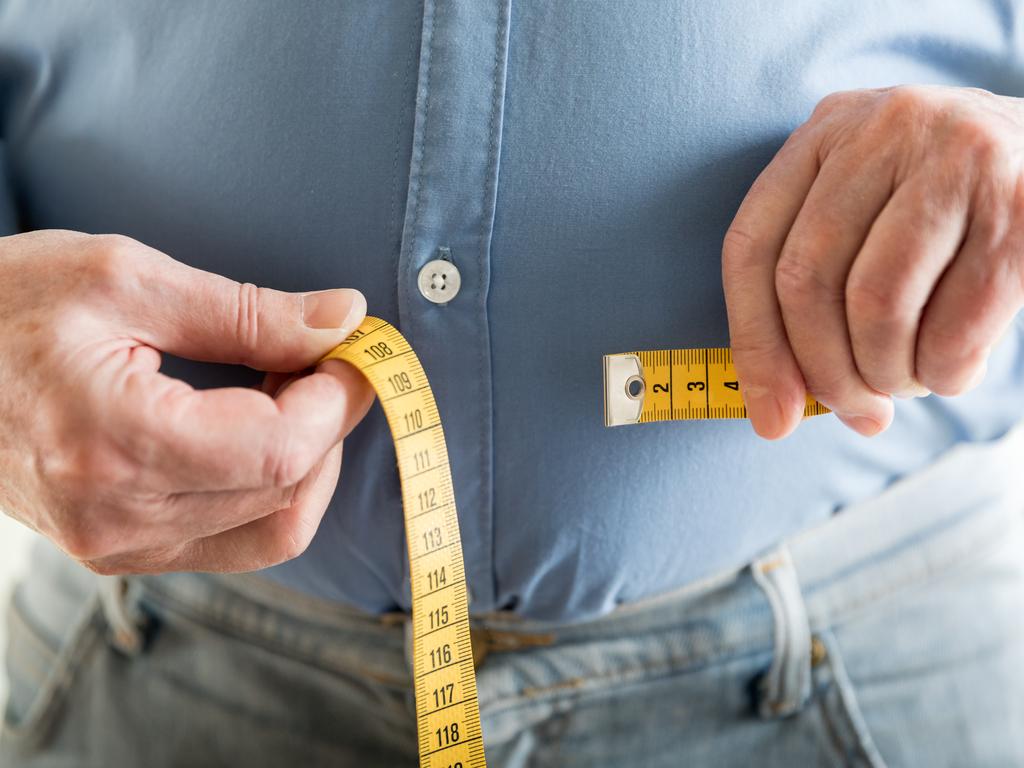


To join the conversation, please log in. Don't have an account? Register
Join the conversation, you are commenting as Logout